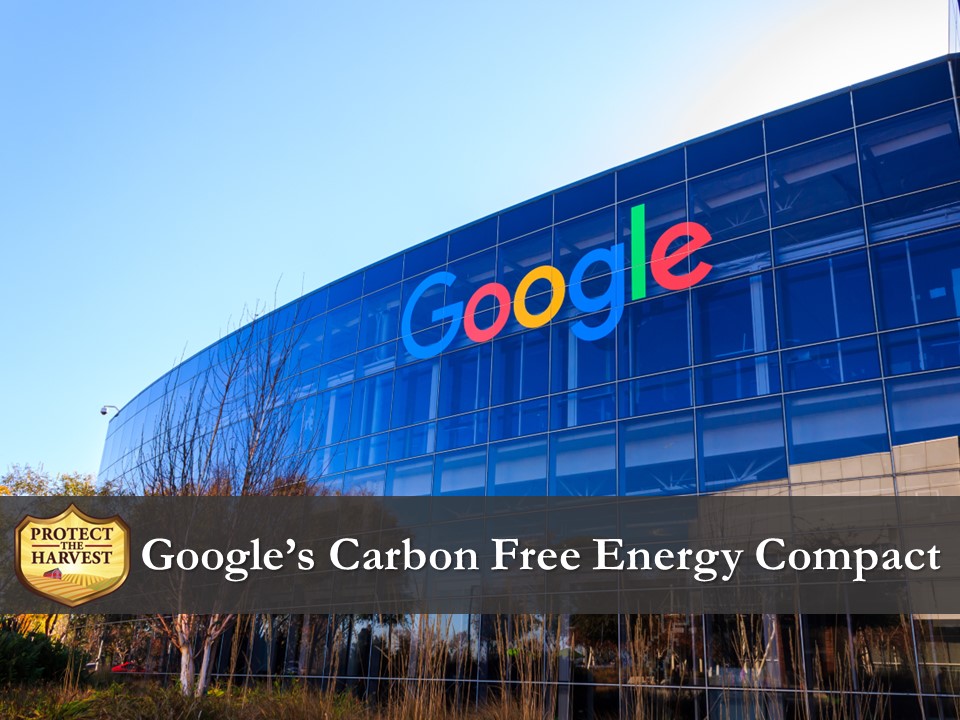In today’s technology-driven society, Google is a household name. Since its founding in 1998, Google has become one of the most prominent technology companies in the world, ranking alongside Amazon, Apple, Meta (Facebook), and Microsoft. Google has even been referred to as the most powerful company in the world and has become more deeply enmeshed in day-to-day life than many people realize.
Information Control
Due to the many beneficial services Google provides, it might be easy to overlook the mind-boggling amount of influence the company carries, and more importantly, how they leverage it to actively shape society. Search engines, such as Google, can prioritize and filter which links and information appear when any given search is performed, and therefore wield an undue amount of control over public opinion by choosing what information is most easily accessible. Unfortunately, Google is certainly not alone in the realm of Big Tech controlling information, as demonstrated by the recent revelation that Twitter suppressed news that would have affected the 2020 election.
The “Sustainable” Game
Google is now barging far beyond the digital shell game of promoting or stifling third-party information as they see fit and is blatantly telling people how to live “sustainably.” The Google Sustainability initiative is designed to directly advance the UN’s sinister green agenda, which we have written about extensively.
The term “sustainability” has become a buzzword of today’s green movement, largely due to the UN’s 1983 Commission on Environment and Development. In 1987, the commission issued a report titled “Our Common Future,” also known as the Brundtland Report. This report defined sustainable development as “meeting the needs of the present without compromising the ability of future generations to meet their own needs.”
Jumping on the “Greenwagon”
Google has been on the green bandwagon for years, boasting about being the first major company to become carbon neutral in 2007. The company began purchasing so-called clean energy in 2010, and in 2017, was the first large company to match its energy use with 100% renewable energy. Google Energy LLC, was created for the purpose of reducing energy consumption and eventually producing and selling clean energy. Google’s plan for the company to reach net-zero emissions by 2030 has been called the most aggressive in the business world.
In Bed with the United Nations
In September 2021, Google launched the 24/7 Carbon-Free Energy Compact, with Sustainable Energy for All and the United Nations as partners. The goal of the compact is to fully decarbonize electricity systems, and Google has ominously stated that they are “more motivated than ever to do our part to accelerate the transition to a more sustainable future for all.” The current energy crisis in Europe serves as a stark warning of how dangerous the decarbonization of energy systems is.
Google’s chief sustainability offer, Kate Brandt, stated in Fortune magazine, “We see individuals as a piece of the puzzle. If we can show them what are the most meaningful actions and make that an easy choice, a better choice, a cheaper choice, that is hugely beneficial…This was really, I think, our first visible step in thinking about how do we use technology to make the sustainable choice the easiest choice.”
“Your Plan, Your Planet” Seems to Be Eliminating “Your”
In 2018, the “Your Plan, Your Planet” interactive online tool was launched to offer tips on reducing waste. Since then, Google has been adding more options, such as fuel cost and eco-friendly route calculators. Developers have even stated that non-sustainable options can be removed from search results entirely, which is of especially great concern because a tool to “help” consumers calculate the environmental impact of food choices is currently being created, with information sourced from the UN.
Propagating Disinformation and Ushering in ESGs
Even though the green movement’s anti-agriculture narrative has been thoroughly and repeatedly debunked, it is plain that Google is propagating false and particularly insidious green globalist propaganda.
Deep down, Google’s Sustainability tools are a Trojan horse meant to help usher in personal ESG scores, much like the social credit system used in communist China. In such a system, a person’s ability to function in society is dictated by a governmental grading system. It isn’t much of a leap from simply advising consumers to avoid beef, for example, to punishing them outright for buying beef via a personal ESG score.
When viewed in this light, Kate Brandt’s statement about “using technology to make the sustainable choice the easiest choice” is revealed to be particularly ominous.
What Can We Do?
These global issues may seem overwhelming on how to combat them, but there are simple things each person can do to stop the madness. We all need to be involved in our local communities and local government. We should be staying informed on issues that will affect our nation’s food security. Furthermore, if we are doing both of those things, then we need to take that information and inform others in our communities and on social media. “We the people” starts with us and that is the only way we will ensure that we keep America free and fed.



